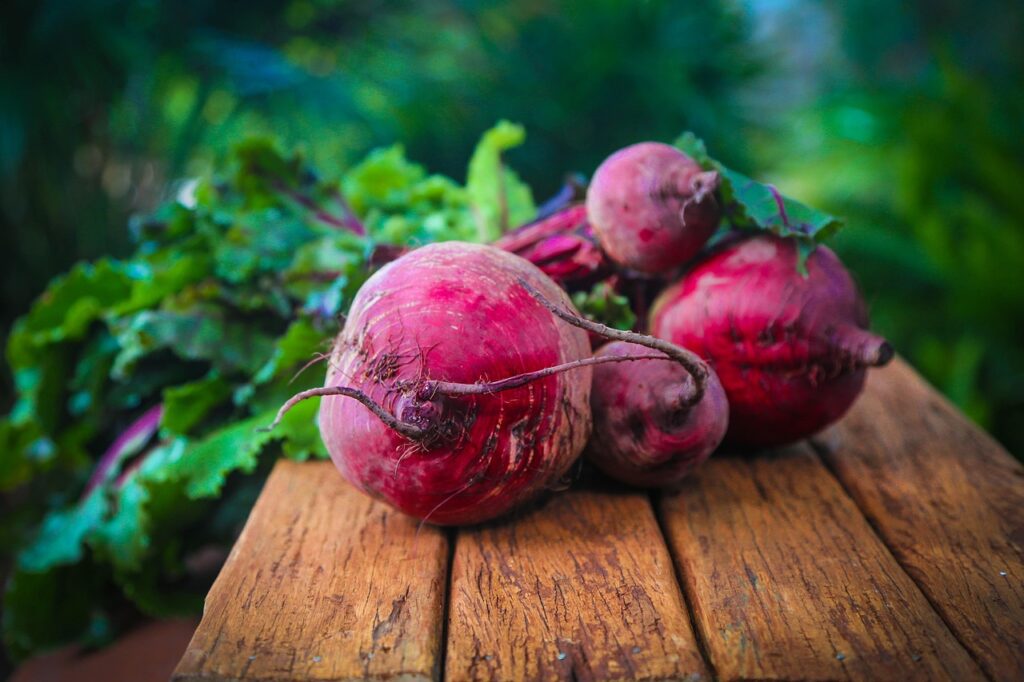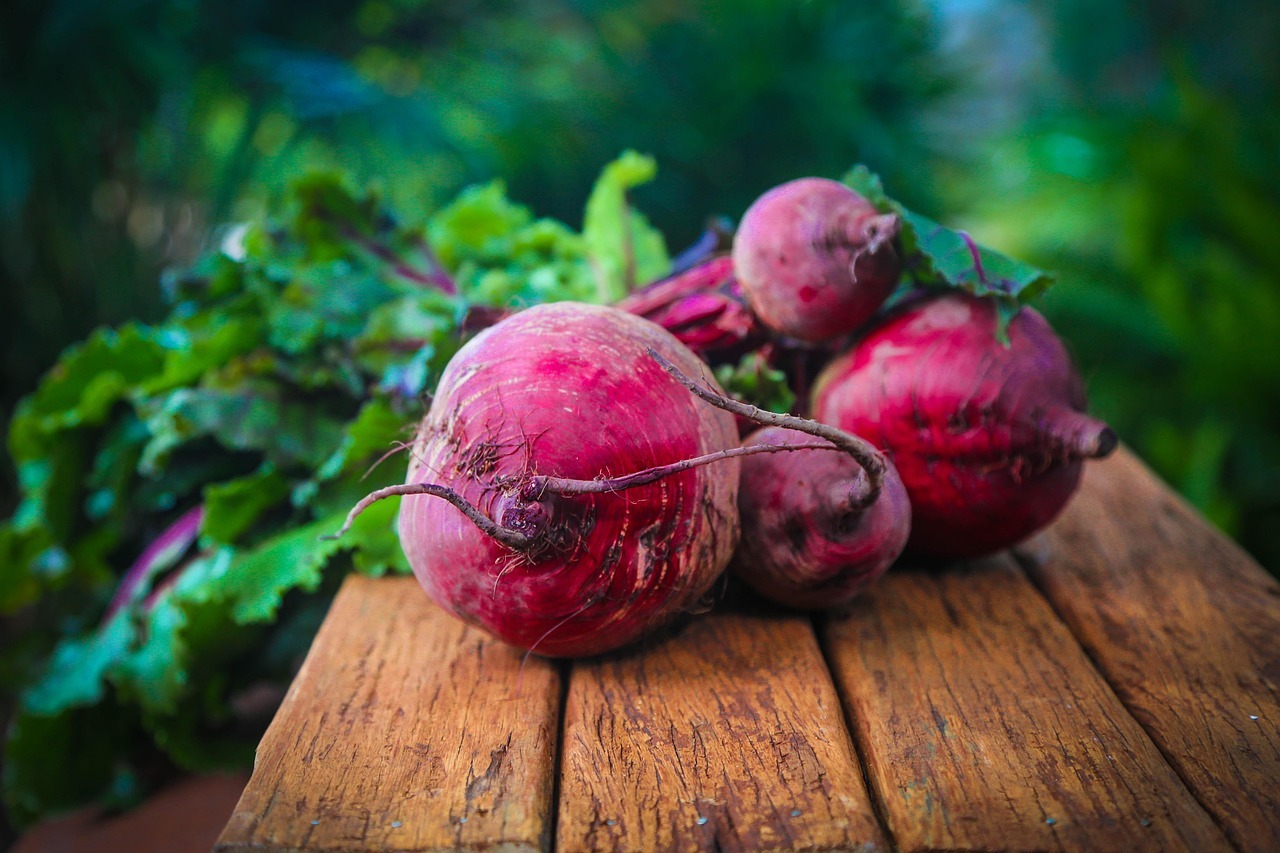The Purple Powerhouse: Can Beetroot Help You Manage Diabetes?
Meta Description: Can beetroot really help with diabetes? We explore the science behind this vibrant vegetable, its effects on blood sugar, and how to safely add it to your diet.
Table of Contents
The Purple Powerhouse: Can Beetroot Help You Manage Diabetes?
When you’re managing diabetes, every food choice feels like a big decision. You’ve likely heard about “superfoods” and are constantly on the lookout for natural ways to support your health. The vibrant, earthy beetroot has gained a reputation for its health benefits, but for someone with diabetes, the question remains: is it friend or foe? You might be concerned about its sugar content, or hopeful it could be a simple, delicious addition to your diet.
This blog post is here to clear up the confusion and empower you with the knowledge to make an informed decision. Our goal is to help you understand beetroot’s unique properties and show you how it can fit into your diabetes management plan, transforming the way you see this beautiful vegetable.

The Nutritional Breakdown: What Makes Beetroot a Potential Ally
Beetroot is more than just a colorful root vegetable. It’s packed with a variety of compounds that can be beneficial for people with diabetes, but it’s important to understand the details. The core of its power lies in its unique nutritional profile.
The Glycemic Index Factor
A common concern about beetroot is its sugar content. While it does contain natural sugars, its glycemic index (GI) is considered moderate. The GI is a scale that ranks foods based on how they affect blood glucose levels. What makes beetroot a good choice is its high fiber content. Fiber helps slow down the digestion of carbohydrates, leading to a more gradual rise in blood sugar instead of a sudden spike.
The Power of Nitrates and Antioxidants
Beetroot is a fantastic source of nitrates, which your body converts into nitric oxide. This compound helps relax and widen blood vessels, which can lead to lower blood pressure. Since many people with diabetes also deal with high blood pressure, this is a significant benefit. Additionally, beetroot is rich in powerful antioxidants called betalains, which fight inflammation and oxidative stress—both of which are heightened in those with diabetes.
Practical Advice for Incorporating Beetroot
So, how can you enjoy beetroot safely and effectively? The key is moderation and preparation.
- Start with Small Portions: You don’t need a lot to reap the benefits. Add a few slices to a salad or a small amount of roasted beetroot to your meal.
- Choose the Right Form: Raw or roasted beetroot is generally better than beetroot juice. Juicing removes much of the beneficial fiber, leaving a concentrated dose of sugar that can cause a quicker rise in blood sugar. If you do enjoy beetroot juice, consider a small portion and drink it with a meal to help blunt the blood sugar response.
- Pair it Wisely: Combine beetroot with sources of lean protein and healthy fats. This combination will further slow down glucose absorption and keep you feeling full and satisfied. A great example would be a salad with roasted beetroot, grilled chicken, and a sprinkle of nuts.
A Relatable Example: A New Food, A New Way to Manage
Imagine you’re like Sarah, a busy person who loves to experiment in the kitchen but is a little nervous about how new foods might affect her blood sugar. She reads about the benefits of beetroot but is hesitant to try it. Instead of drinking a glass of juice, she decides to try roasting a few chunks of beetroot and adding them to a mixed green salad with some chicken breast and a light vinaigrette.
She checks her blood sugar two hours after her meal and finds that it’s right within her target range. This positive experience gives her the confidence to try other new, healthy foods and realize that with the right knowledge, she can expand her diet while keeping her glucose levels in check.

Concluding FAQ
Q1: Will eating beetroot raise my blood sugar?
Beetroot does contain natural sugars, so it will have some effect on your blood sugar. However, its moderate glycemic index and high fiber content mean it’s unlikely to cause a rapid spike, especially when eaten in moderation and as part of a balanced meal.
Q2: Is beetroot juice safe for people with diabetes?
Beetroot juice is a concentrated source of sugar without the fiber that helps regulate blood sugar. While it has benefits like lowering blood pressure, it should be consumed sparingly and ideally with food to help mitigate a blood sugar spike.
Q3: Can beetroot replace my diabetes medication?
Absolutely not. Beetroot is a food, not a medicine. It can be a helpful addition to a healthy diet and lifestyle, but it is not a cure for diabetes and should never be used as a substitute for prescribed medication or medical advice from your healthcare provider.
References
American Diabetes Association. (2024). The Glycemic Index. https://www.diabetes.org/healthy-living/foods-nutrition/what-do-i-eat/the-glycemic-index-of-foods
Centers for Disease Control and Prevention. (2024). Diabetes and Diet. https://www.cdc.gov/diabetes/managing/eat-well/index.html
Healthline. (2023). Is Beetroot Good for Diabetes?. https://www.healthline.com/nutrition/is-beetroot-good-for-diabetes
National Institutes of Health. (2022). Nitrates, Nitrites, and Human Health. https://ods.od.nih.gov/factsheets/NitratesandNitrites-HealthProfessional/
The Mayo Clinic. (2023). Diabetes Diet, Eating Healthy with Diabetes. https://www.mayoclinic.org/diseases-conditions/diabetes/in-depth/diabetes-diet/art-20044295
